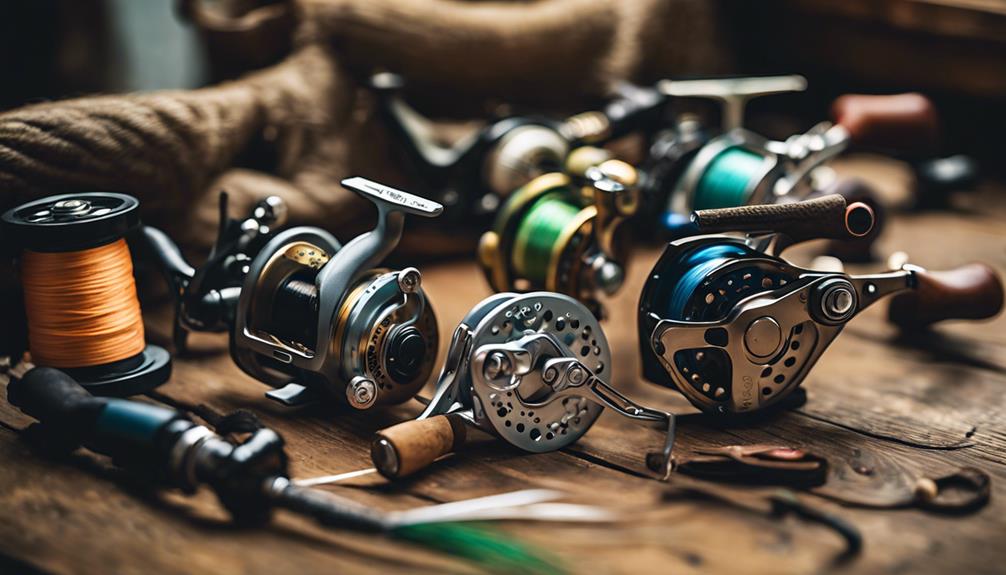Fishing is a beloved pastime for many, providing relaxation, excitement, and a connection to nature. However, before you cast your line into the water, it’s crucial to understand what do I need to get a fishing license. This process may vary depending on where you live, but this guide will provide you with the essential information to ensure you’re prepared for your fishing adventure.
Understanding the Importance of a Fishing License
One of the primary reasons for obtaining a fishing license is to promote wildlife conservation and sustainable fishing practices. Licensing helps regulate fish populations and maintains the health of aquatic ecosystems. Additionally, a fishing license is often a legal requirement in many states and countries. Not having one can result in hefty fines and penalties. Thus, understanding what do I need to get a fishing license is not just about legality; it’s about being a responsible angler.
Different Types of Fishing Licenses
When considering what do I need to get a fishing license, it’s important to note that there are several types available, depending on your fishing activities. Generally, you can find licenses for freshwater fishing, saltwater fishing, and even specific licenses for certain species. Some states also offer short-term licenses for tourists or occasional anglers. Additionally, there are licenses available for seniors, children, and disabled individuals at reduced rates. Knowing which type of license suits your fishing plans is essential for compliance and enjoyment.
Age and Residency Requirements
Another crucial aspect of obtaining a fishing license is understanding the age and residency requirements. Most states require individuals to be a certain age to obtain a fishing license independently. For example, many places allow children to fish for free or at a reduced rate but may require them to have an adult supervising them. Furthermore, residency status can affect the cost of your license; residents usually pay lower fees than non-residents. Therefore, when contemplating what do I need to get a fishing license, be aware of these requirements to avoid any surprises.
Documentation Needed for a Fishing License
To apply for a fishing license, you’ll typically need to provide some form of identification and possibly additional documentation. Commonly required documents include a driver’s license or state ID, proof of residency, and social security number. Some states may also require proof of completion of a fishing education course, especially for first-time applicants. Before heading to the licensing office or website, ensure you have all necessary documentation ready to streamline the application process.
Where to Obtain a Fishing License
Knowing where to obtain your fishing license is another vital step in answering the question, what do I need to get a fishing license. Many states allow you to purchase a fishing license online, which is often the most convenient option. You can also acquire a license in person from various locations, including state wildlife agencies, local sporting goods stores, or bait shops. Check your state’s official wildlife agency website for specific details on where to buy a fishing license and any unique processes that may apply.
Costs Associated with Fishing Licenses
The cost of a fishing license can vary widely based on several factors, including the type of license, your residency status, and the duration of the license (annual, monthly, or daily). Generally, freshwater fishing licenses tend to be less expensive than saltwater licenses. It’s also worth noting that many states have special discounts for seniors, children, and veterans. Understanding the costs associated with licensing is crucial in determining what do I need to get a fishing license, ensuring you budget accordingly for your fishing endeavors.
Understanding Fishing Regulations
Acquiring a fishing license also means you must familiarize yourself with local fishing regulations. Each state has its own set of rules regarding fishing seasons, size and bag limits, and specific areas where fishing may or may not be allowed. Ignorance of these regulations can result in penalties and even the loss of your fishing license. Therefore, after obtaining your license, take the time to read up on the regulations in your area. Many state wildlife agencies provide brochures or online resources that outline these rules clearly.
Benefits of Having a Fishing License
In addition to legal compliance, having a fishing license comes with several benefits. For one, it supports conservation efforts that help maintain healthy fish populations and aquatic ecosystems. Many states direct the revenue from fishing licenses toward habitat restoration and wildlife management programs. Additionally, possessing a fishing license can enhance your fishing experience by giving you access to designated fishing areas and events. Some areas even offer exclusive access to licensed anglers, providing a more serene fishing experience.
Conclusion: Ready to Fish?
Now that you have a comprehensive understanding of what do I need to get a fishing license, you’re well-equipped to embark on your fishing journey. Remember to consider the type of license you need, gather the necessary documentation, and familiarize yourself with local regulations. By doing so, you’ll not only enjoy your time on the water but also contribute to the preservation of our precious aquatic environments. So grab your gear, get your fishing license, and prepare for an adventure in nature!
